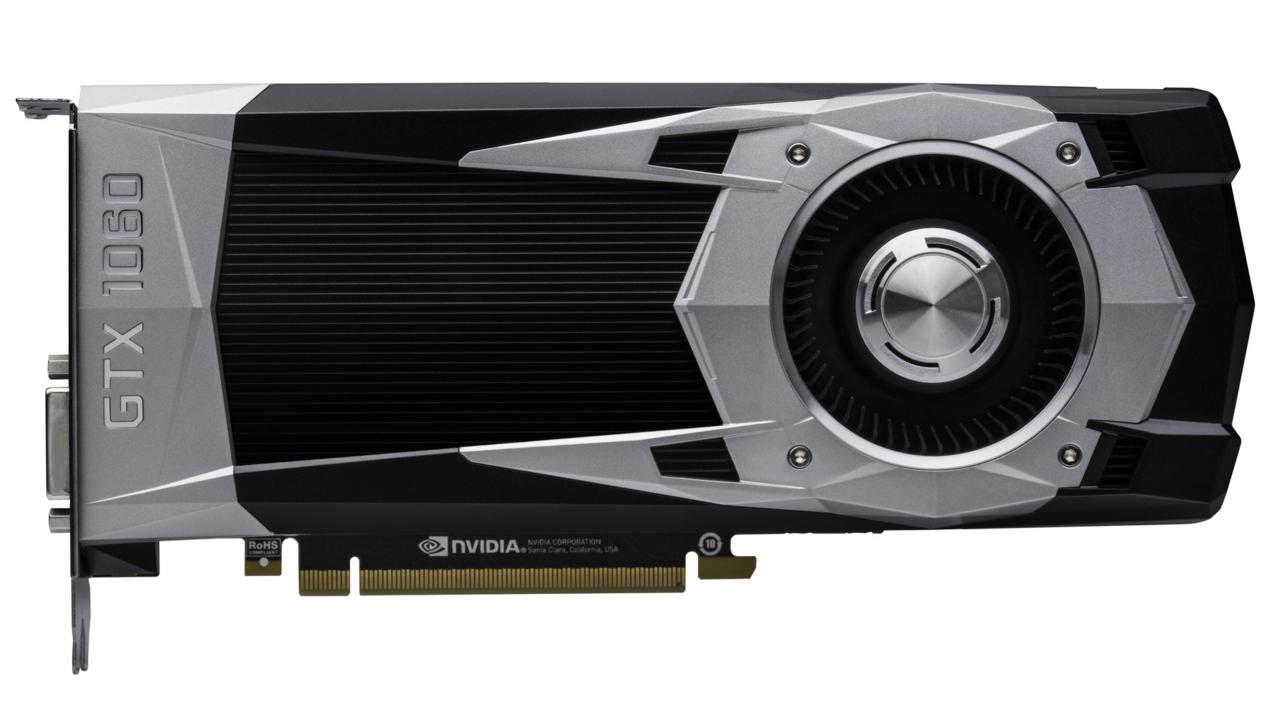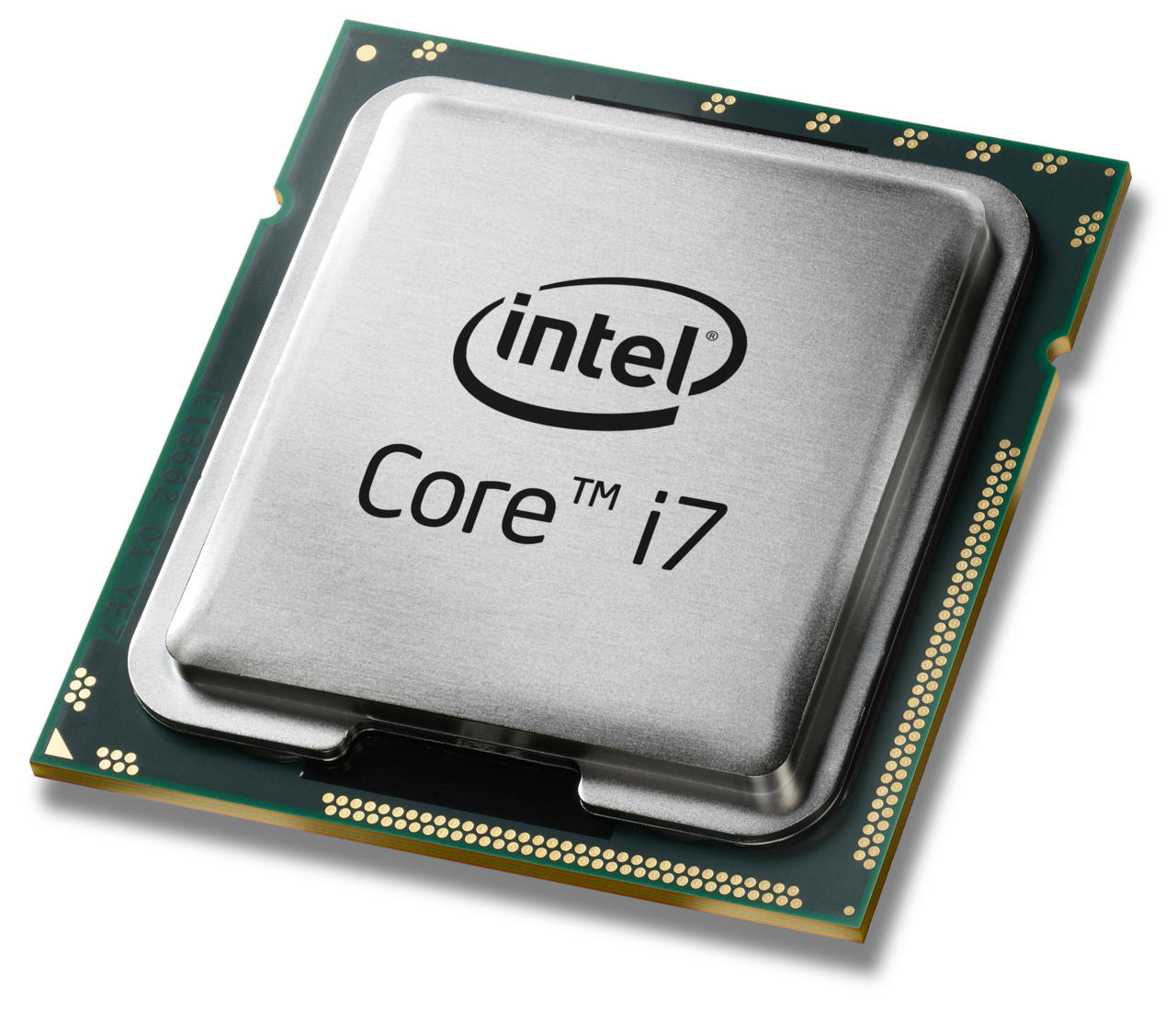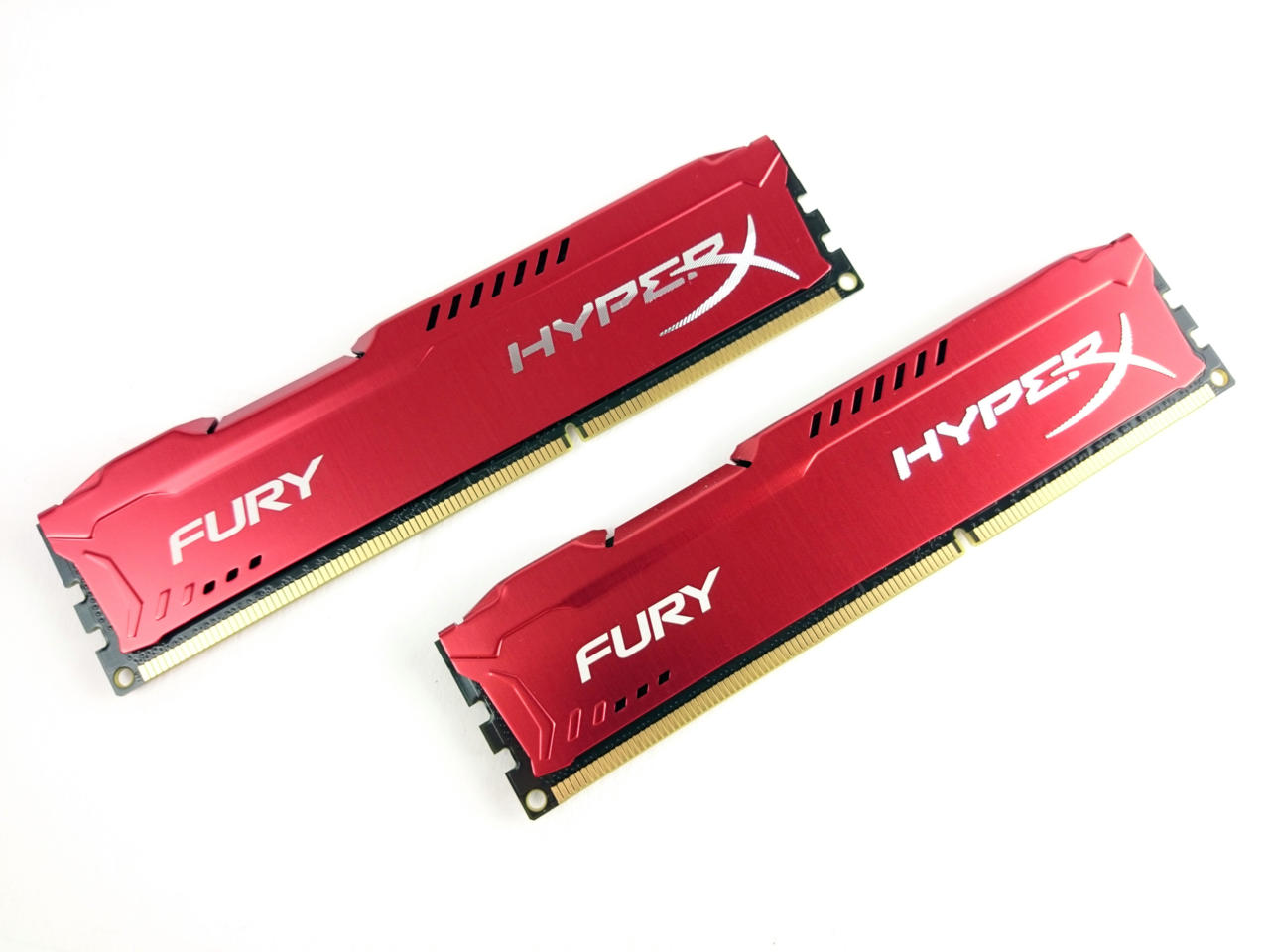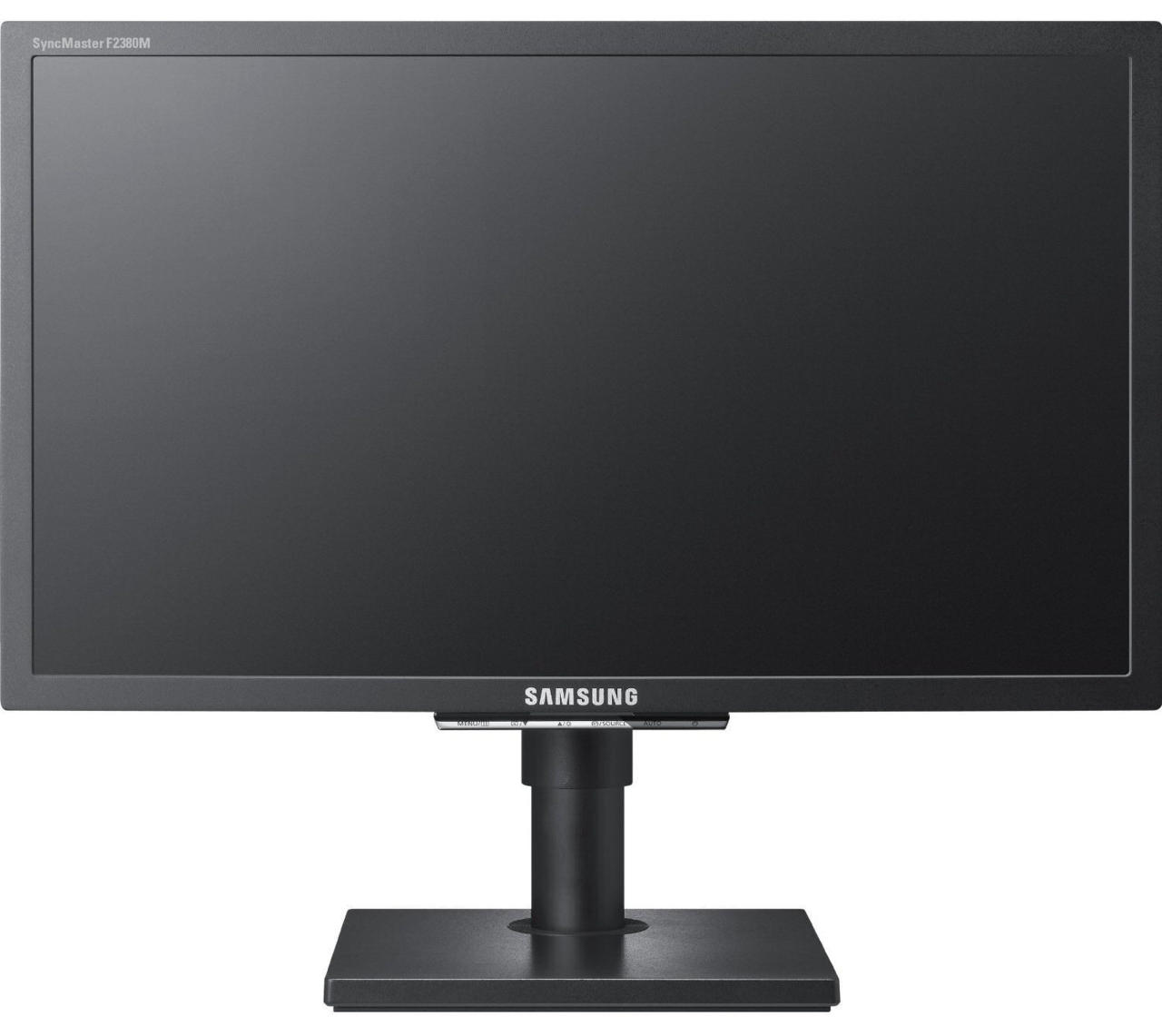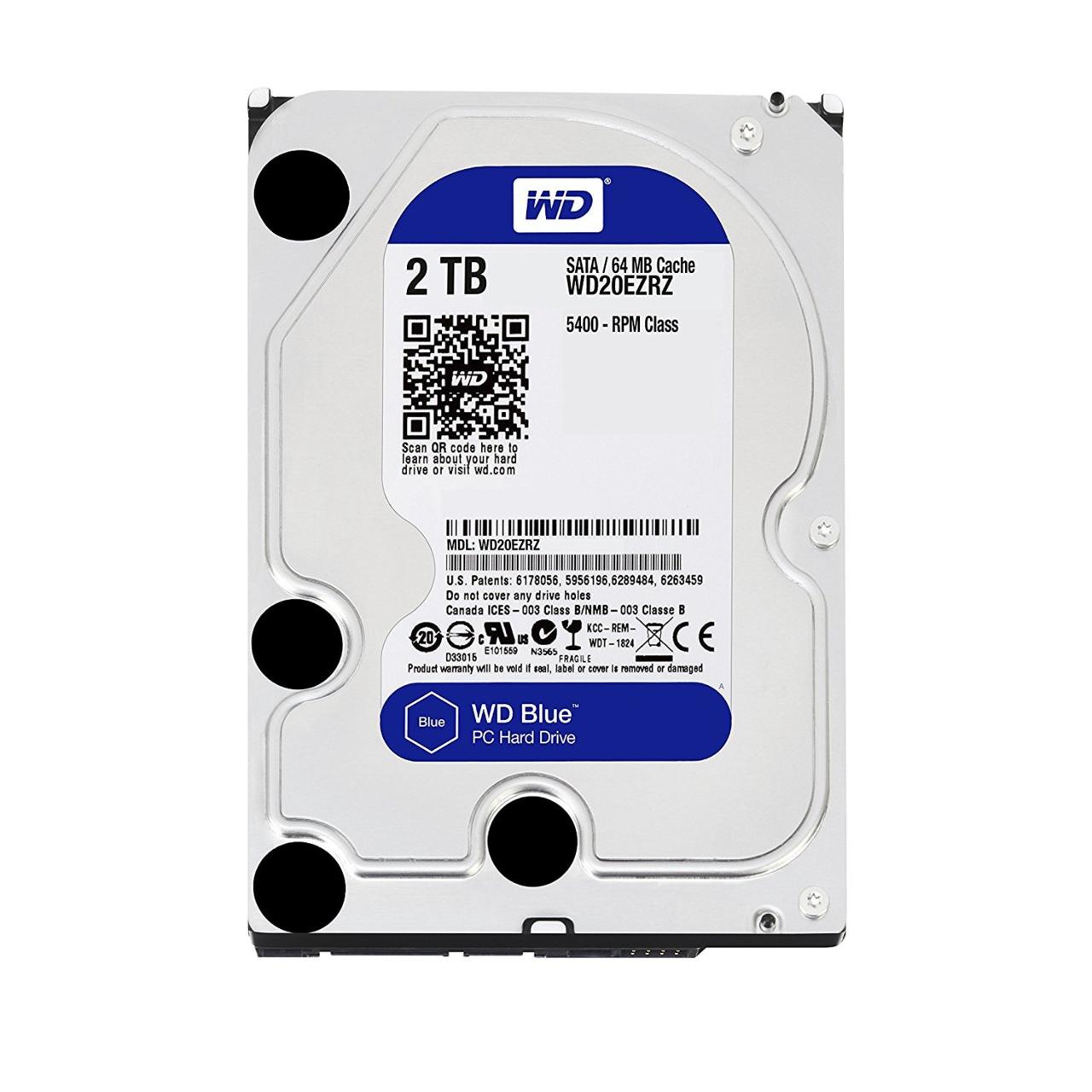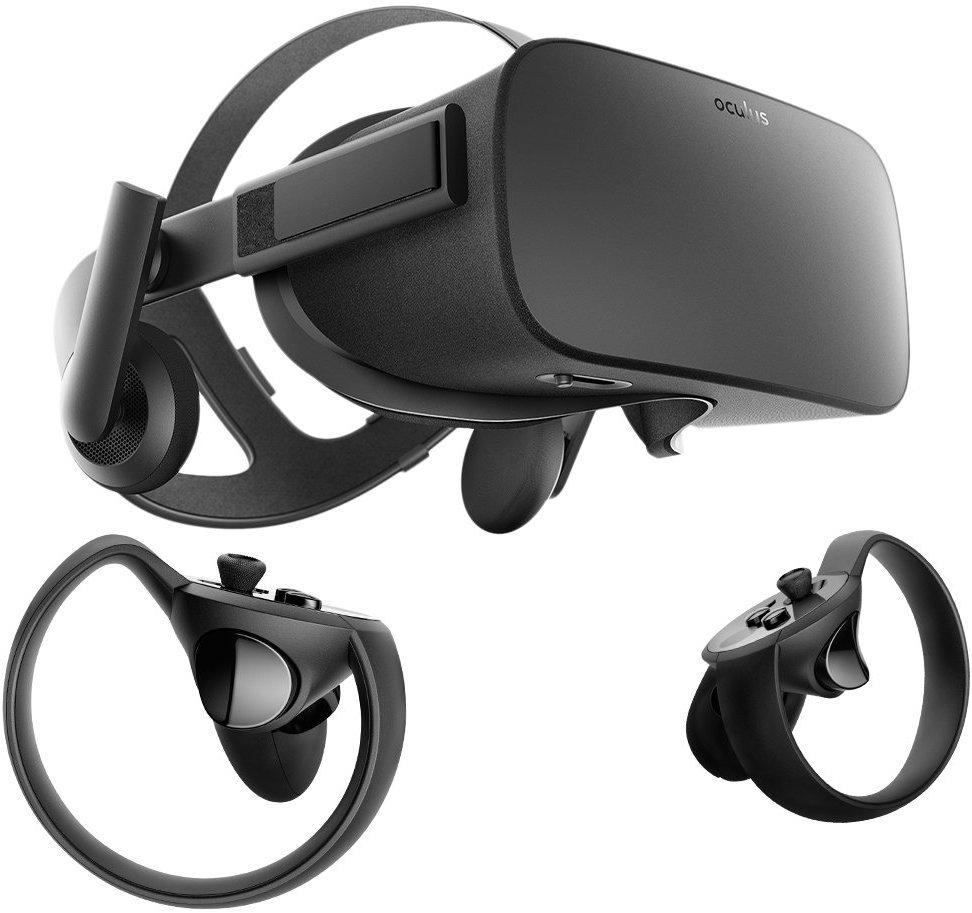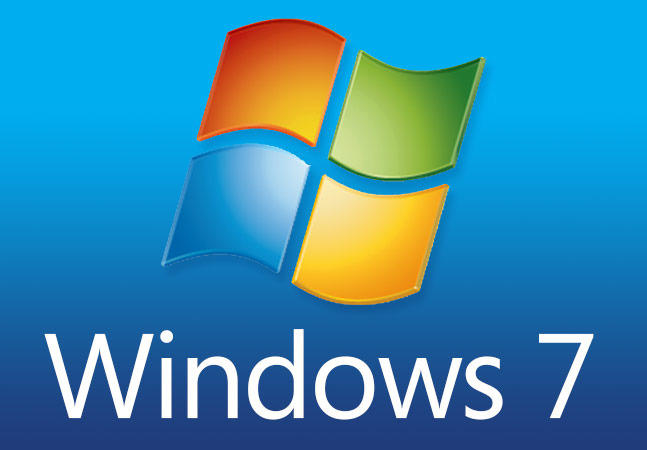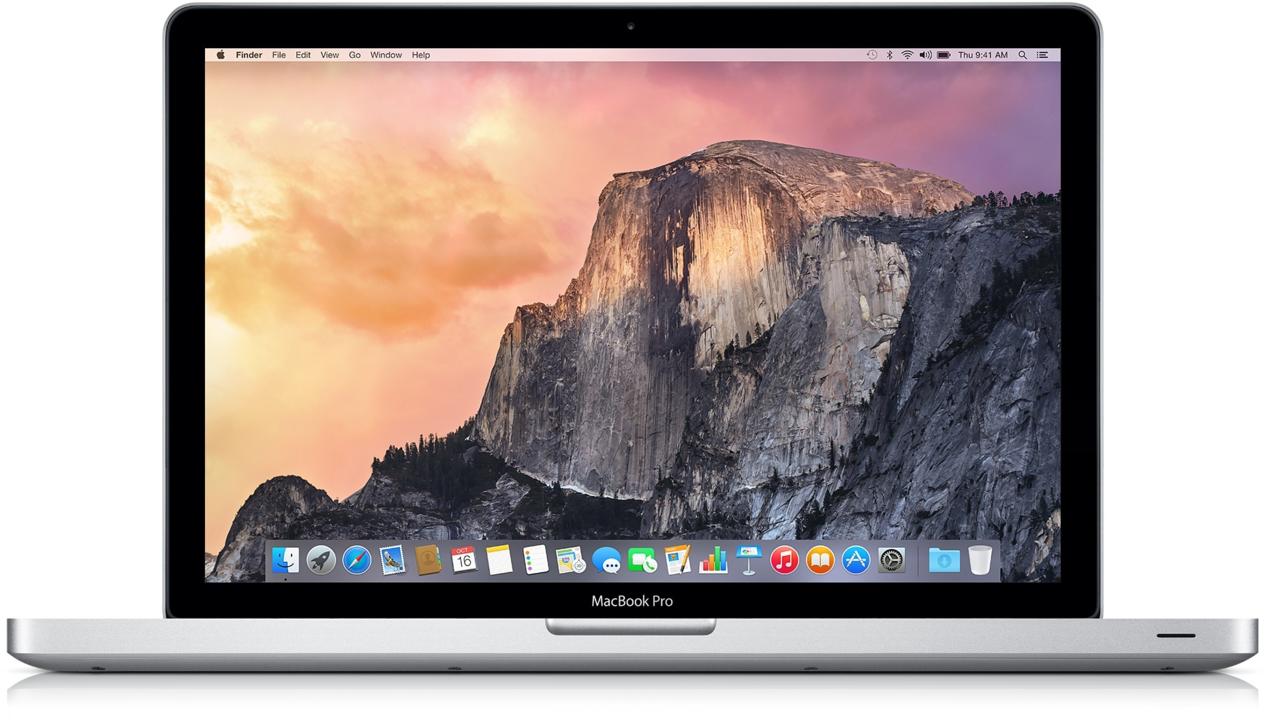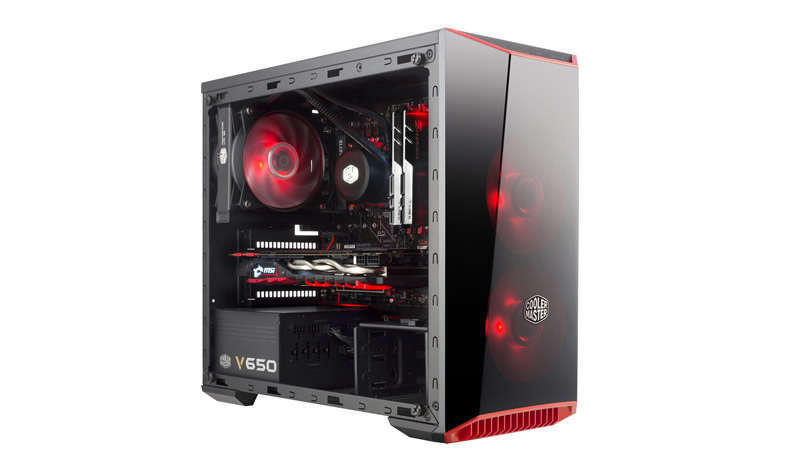Here's The Most Popular PC Hardware Among Steam Users (December 2017)
GameSpot may receive revenue from affiliate and advertising partnerships for sharing this content and from purchases through links.
Valve recently released its Steam hardware and software survey for the month of December 2017. To ring in the new year, we're going to break down and analyze the latest hardware trends among Steam users. It's important to note that Steam's hardware survey is voluntary. As a result, it is not completely accurate of real-world numbers.
- Most popular gaming resolutions
- Most popular storage amounts
- Most popular version of Windows
GPUs
When it comes to graphics cards, Nvidia owns the lion's share, holding 84.8%of the GPU market. This is followed by AMD in a distant second place with 8.9 %. Intel's integrated graphics close out the rear with six percent. According to Valve's survey, 90.1% of users own DirectX 12 compatible GPUs, which indicates they are fairly recent cards.
The most popular graphics card is Nvidia's GeForce GTX 1060, which holds 12.5 % of the pie. The mid-range GPU is a sensible choice since it's great at maxing out most games at 1080p with playable framerates. In second place is its predecessor, the GTX 960, which holds 10.5 % of the market share. Finally, most users reported owning video cards that offered two gigabytes of video RAM.
CPUs
In terms of CPUs, the overwhelming majority of respondents reported owning Intel processors, with Intel's chip holding 91.24% of the market. This leaves AMD with 8.76%.
The most popular clock speeds range from 3GHz to 3.29 GHz. 69.2% of gamers reported having a quad-core CPU, which is what we'd recommend to most PC gamers. The second place tier went to users with dual-core processors, which make up 26.3% of the CPU pie.
RAM
46.8% of users reported having 8 GB of RAM, which makes it the most common amount. 8 GB is the minimum for what we'd recommend for any good gaming PC. In second place, 34.2% of users reported owning at least 12 GB of RAM.
Resolution
69.7% of Steam users reported using a 1920x1080 resolution monitor, which makes it the most common resolution. That figure is down 6.63% from the previous month, however. In second place is 1366x768 at 10.6%, which happens to be an old popular laptop resolution.
3840x2160, or 4K as its more commonly known, only represents 0.66% of the resolution pie, but it did grow 0.24% from the month prior.
Storage
61.4% of users reported having a hard drive above one TB. This is the largest storage option the survey offers, and it doesn't make a distinction between hard drives and SSDs. Most users also reported having between 100-249GB of free space.
VR Headset
For the first time ever in Steam's hardware survey results, the Oculus Rift beat the HTC Vive in market share. The Facebook-backed VR headset held 47.2% of the VR pie. The Vive isn't far behind at 46.1%, however. The new lead is most likely due to Oculus Rift's recent, permanent price drop to $400/£400. Microsoft's Windows Mixed Reality headsets also launched recently and made their debut on this list by capturing 4.3% of the VR market.
Windows
When it comes to Windows, 56% of users reported using the 64-bit version of Windows 7, which is bolstered by the large, new influx of Chinese users playing PUBG. This is followed up by the 64-bit version of Windows 10, which sits at 37.5%.
Mac
OSX makes up only 1.74% of the operating system pie. The most popular version of Apple's OS is MacOS 10.13.1 64-bit, which holds 0.66% of the total OS market share.
In terms of hardware, 51.6% of Mac users game on a MacBook Pro. The MacBook Air follows it in second place with 23.2%.
Conclusion
If you take the most common components from the Steam survey to spec out a build, how would it look? As you'll see in the spec chart below, it represents a fairly balanced mid-range gaming PC. How does your PC stack up to the average Steam user? Let us know in the comments below!
GPU: Nvidia GeForce GTX 1060
CPU: Intel quad-core clocked between 3GHz to 3.29GHz
System RAM: 8GB
Storage space: 1TB+
OS: Windows 7 64-bit

